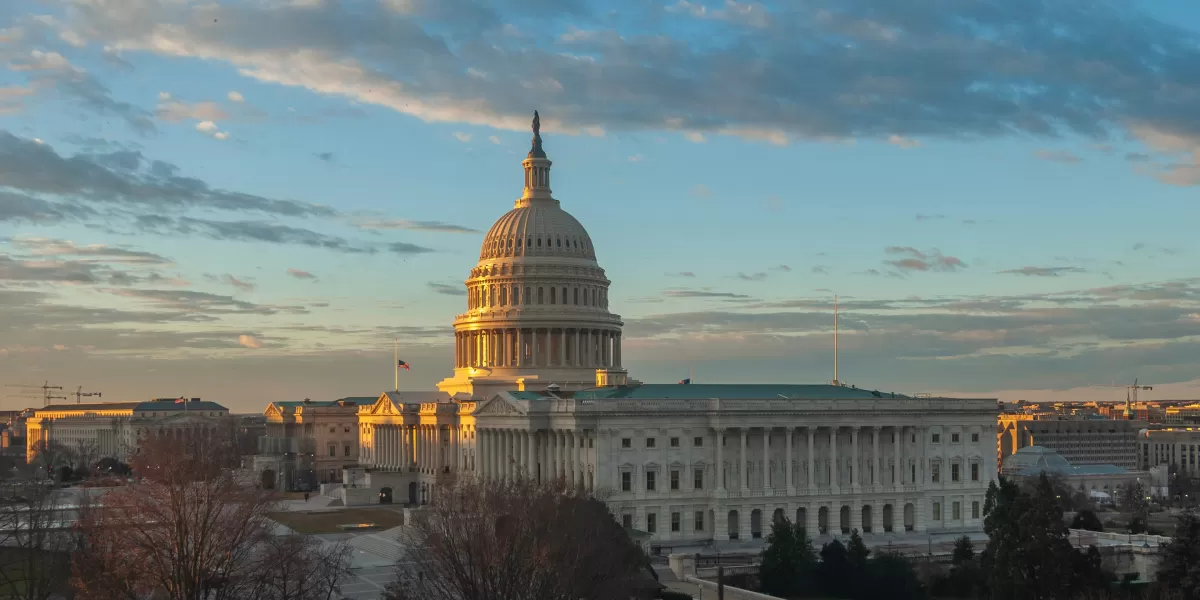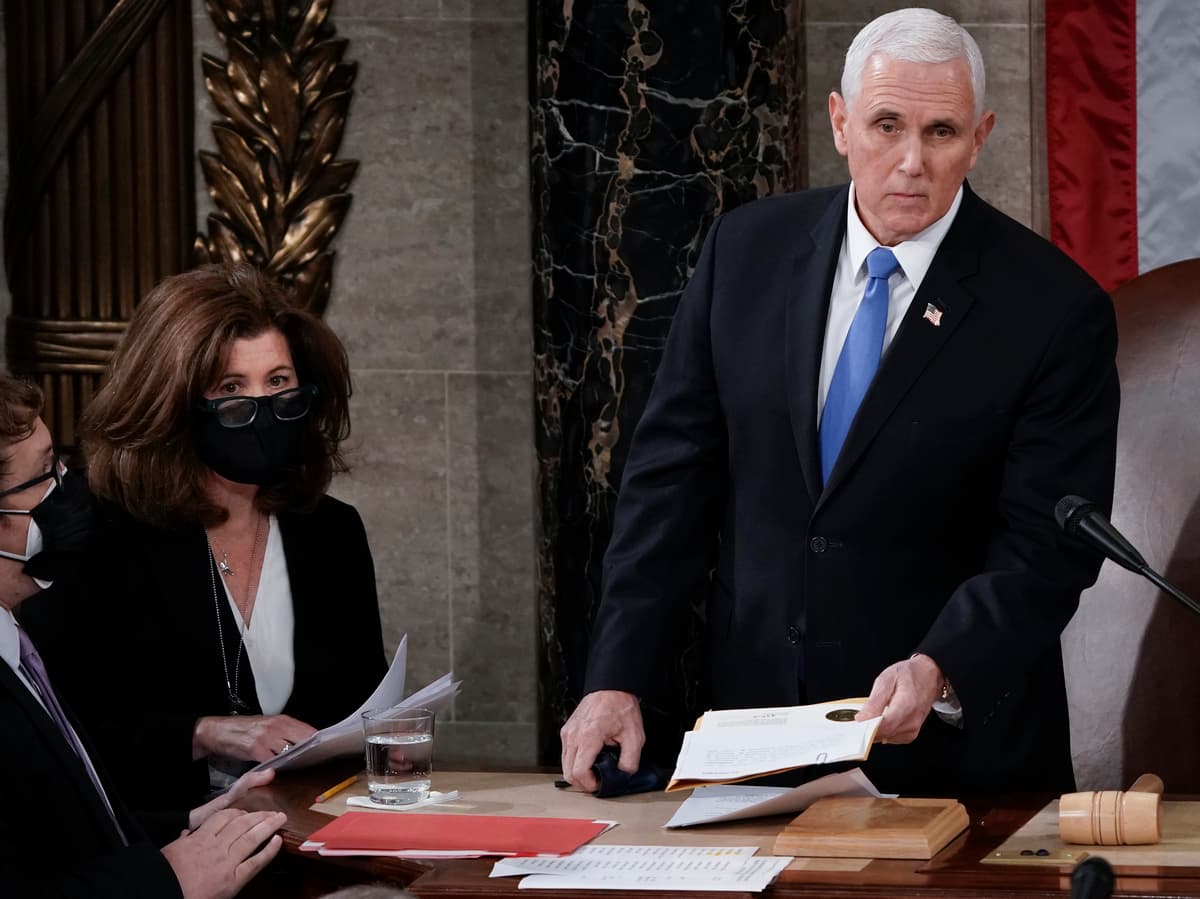Elizabeth MacDonough"s Unyielding Stand
In a striking display of procedural integrity, Elizabeth MacDonough has emerged as an unexpected hero in the face of a $3 trillion Republican onslaught aimed at dismantling crucial social services and environmental protections. As the Senate Parliamentarian, MacDonough wielded her authority with precision, challenging the GOP"s audacious attempts to exploit budget reconciliation for an ideological wish list that would have devastated countless lives.
The Big, Beautiful Bill"s Ambitious Goals
The so-called "Big, Beautiful Bill" was intended to reshape America under the guise of fiscal responsibility, but its true nature was a far-right agenda that threatened the very fabric of our society. This legislation proposed massive cuts to Medicaid, public land seizures, and a host of measures that would have significantly impacted marginalized communities, including immigrants and transgender individuals. The bill was not merely a fiscal adjustment; it was a calculated attack on social justice and environmental safeguards that should alarm every American.

U.S. Capitol Building | Architect of the Capitol
MacDonough"s Methodical Approach
MacDonough’s ruling was not a spontaneous rebellion against the GOP; it was a meticulous application of the Byrd Rule, a Senate procedure designed to prevent unrelated provisions from hitching a ride on budgetary bills. Her review revealed that key provisions of the bill, such as the plan to sell off millions of acres of federal land and to cap Medicaid provider taxes, violated this rule. According to The New York Times, these major components were deemed non-budgetary and thus stripped away, leaving the GOP with a hollow version of their grand design.
Consequences for Environmental Justice
The implications of MacDonough"s ruling extend far beyond the Senate chamber. The GOP"s plan included provisions that would have rolled back environmental protections, allowing for unchecked exploitation of public lands in the name of profit. The potential sale of these lands to private developers would have not only obliterated ecosystems but also exacerbated climate change, disproportionately impacting low-income communities and people of color who are already facing the brunt of environmental degradation. As reported by Governing, the Parliamentarian’s ruling stands as a bulwark against environmental injustice, ensuring that the voices of the most vulnerable are not drowned out by corporate interests.

Supreme Court ruling on patients rights" could devastate ...
The GOP"s Reaction and Future Implications
Following MacDonough"s decisive actions, the GOP has reacted with fury, with Senate Majority Leader John Thune hinting at the need to reevaluate the Parliamentarian"s role, a thinly veiled threat to her position. This backlash highlights a critical tension in the political landscape—how to balance procedural integrity with the aggressive push of partisan agendas. The GOP"s failure is not merely a legislative hiccup; it signals a deeper crisis of governance where the rule of law is pitted against authoritarian impulses. As the Associated Press points out, the question arises: can a nonpartisan civil servant withstand the political storms that threaten to engulf her role?
In a moment where the stakes could not be higher, Elizabeth MacDonough has shown that the fight for accountability and justice is not solely in the hands of elected officials but also in the quiet strength of public servants who refuse to bend the rules for political gain. Her actions have reaffirmed the importance of procedural integrity in safeguarding social equity and environmental health. The GOP’s struggle to impose its agenda underscores the reality that the battle for justice is ongoing, and every ruling matters.



![[Video] Gunfire between Iraqi security forces and Sadr militias in Baghdad](/_next/image?url=%2Fapi%2Fimage%2Fthumbnails%2Fthumbnail-1768343508874-4redb-thumbnail.jpg&w=3840&q=75)
